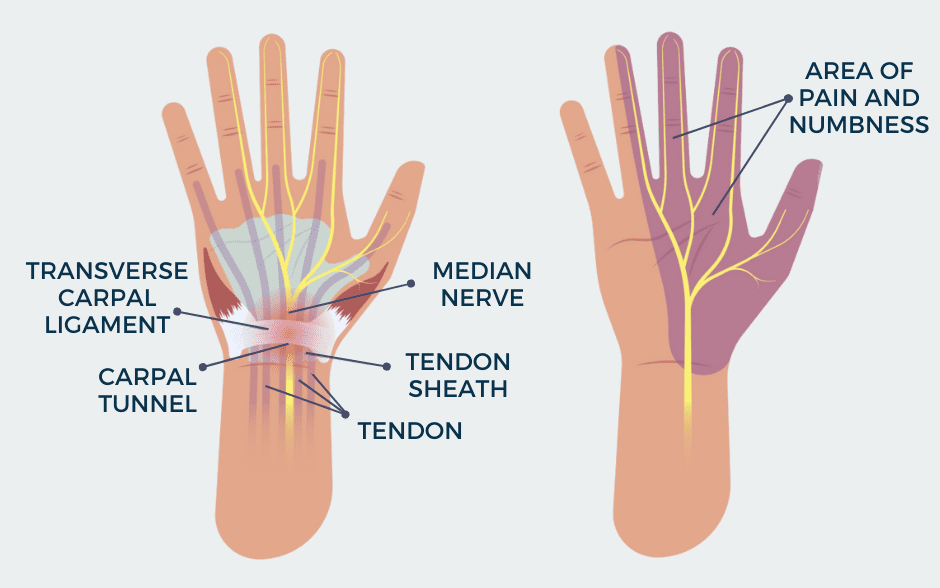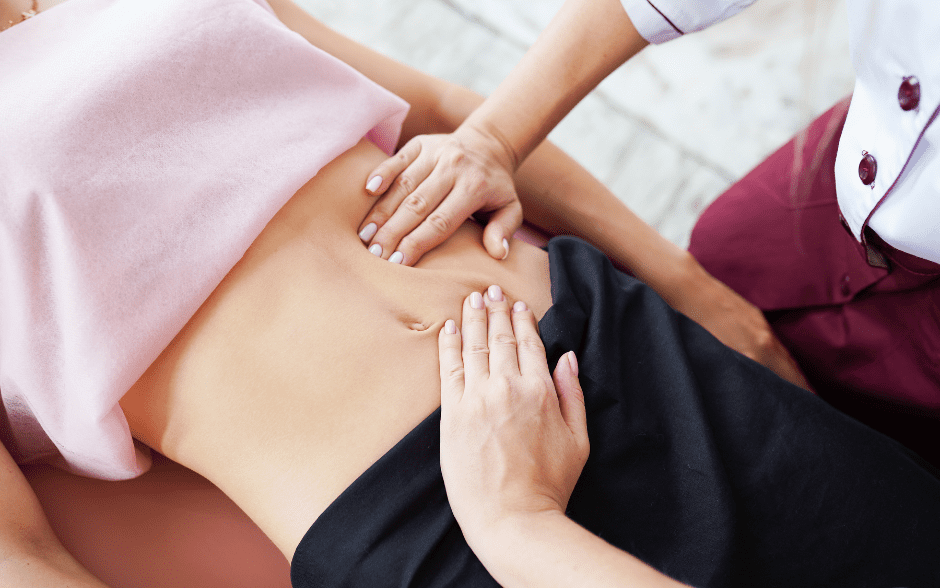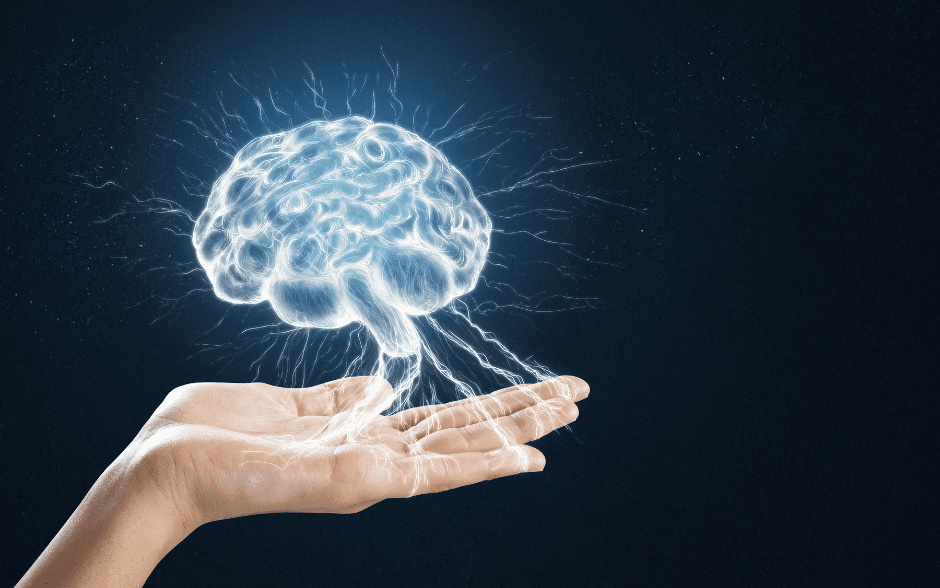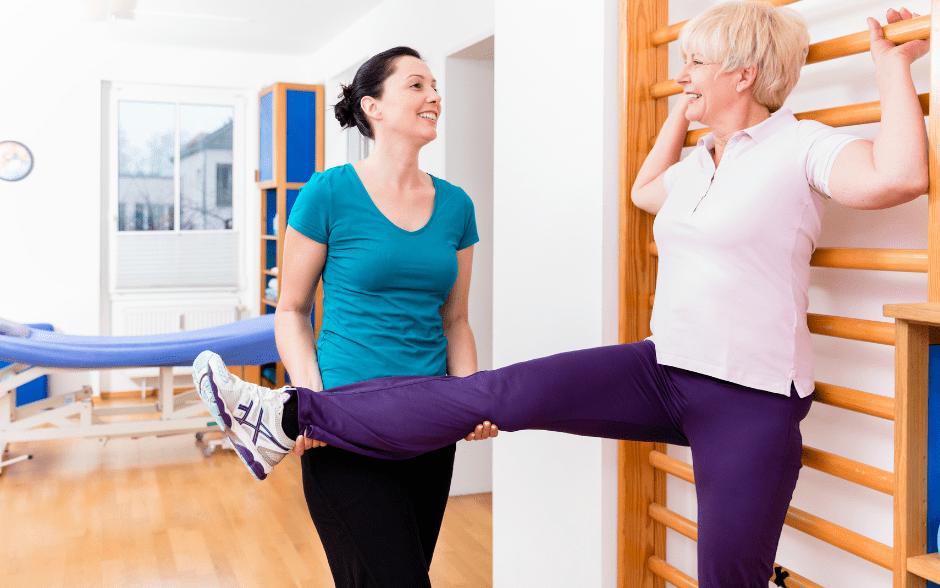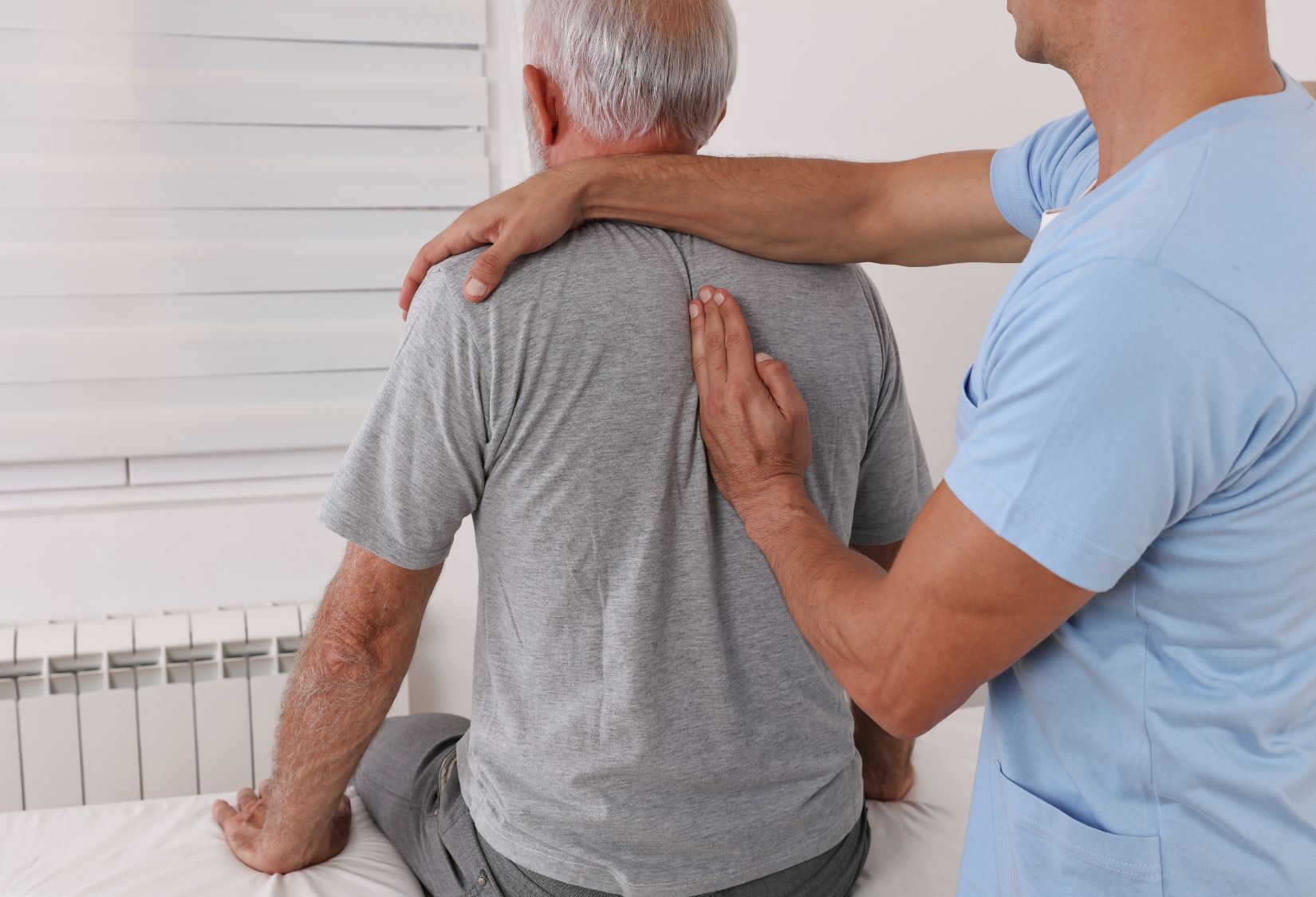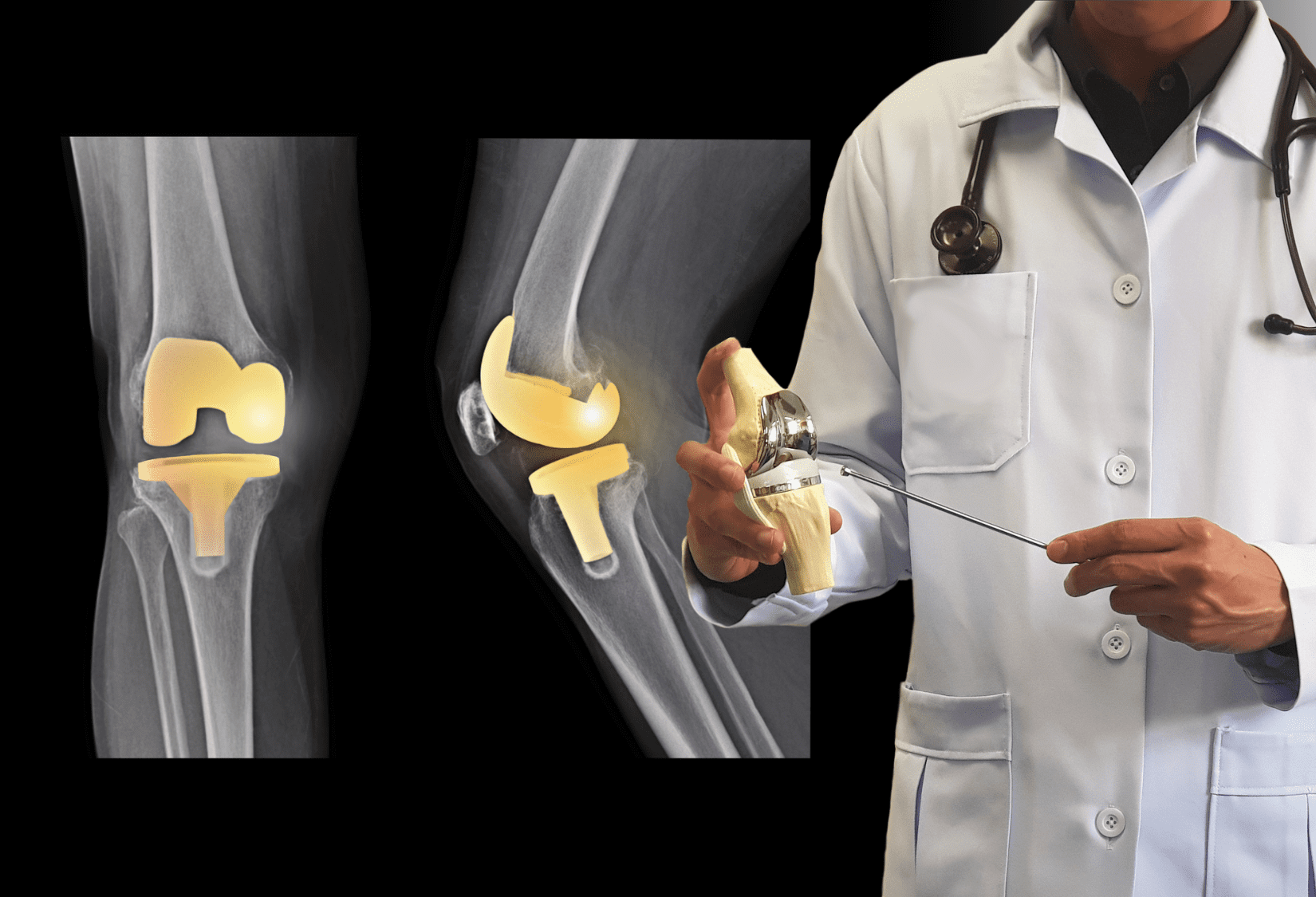Symptoms, Causes, and Treatment
Numbness or tingling in the hands or fingers, a feeling of electric shock, or weakness – if these symptoms sound familiar, you might suffer from carpal tunnel syndrome. We spoke with Kris Krasowski, PT, to learn more about this common condition, particularly among women.
Q: Why does carpal tunnel syndrome mainly affect women?
A: It’s mostly anatomical. Women’s carpal tunnels are generally smaller than men’s, which makes the median nerve more easily compressed. This compression can cause numbness, tingling, and hand weakness, which is why women are more prone to developing carpal tunnel syndrome.
Q: Who else can be affected by carpal tunnel syndrome?
A: Many people can develop it due to repetitive hand movements. It’s not really a disease, but an entrapment neuropathy, meaning the median nerve is compressed from repeated mechanical strain. Today, it accounts for up to 8% of sick leave in some countries.
People at higher risk include hairdressers, office workers, dentists, laboratory workers, musicians, cyclists, and factory workers. Injuries can also trigger it; for example, one of our patients broke her wrist skiing. The fracture narrowed the carpal tunnel, compressing the median nerve and causing numbness, tingling, and weakness.
Q: What are the main risk factors?
A: Common risk factors include:
- Joint diseases like rheumatoid arthritis, which reduce the carpal tunnel space
- Chronic conditions such as hypothyroidism, kidney failure, gout, and diabetes
- Being overweight
- Pregnancy or menopause, due to hormonal changes that increase fluid retention and pressure in the wrist
Pregnancy-related carpal tunnel syndrome usually resolves after childbirth.
Q: What symptoms should people watch for?
A: Symptoms appear gradually. Early signs include occasional hand weakness, tingling, and numbness in the thumb, index, middle, and sometimes ring fingers. At night, pain or numbness may wake you, but moving your arm often relieves it.
Over time, pain can become more frequent, hands may weaken, and tasks like holding a steering wheel or lifting objects can become difficult. Weakened thumb muscles, controlled by the median nerve, can also make gripping challenging.
Q: How can carpal tunnel syndrome be prevented?
A: Prevention is mainly about reducing repetitive strain and protecting the median nerve:
- Alternate hands when performing repetitive tasks
- Take short breaks for stretching or hand exercises every hour
- Wear protective gloves in cold environments
- Avoid bending wrists up and down repeatedly
- Maintain proper keyboard and desk ergonomics: keyboard at or below elbow height, hands supported to avoid hanging wrists
- Keep correct posture to prevent shoulder and wrist strain
Q: How is carpal tunnel syndrome treated?
A: Treatment depends on the cause. If chronic conditions impair nerve function, consult a specialist. If it’s caused by repetitive hand use, injury, or poor posture, physical therapy is very effective.
Our specialists use several methods, including Fascial Counterstrain (FC), manual therapy techniques, modalities, and specific exercises. These approaches help:
- Reduce pain, tingling, and numbness
- Improve hand strength and range of motion
- Prevent further compression of the median nerve
Fascial Counterstrain (FC) is especially effective because it targets soft tissue restrictions in the wrist and forearm, relieving pressure on the median nerve and restoring proper function.
For patients unsure if physical therapy is right for them, we offer free consultations. After evaluation, a therapist can recommend the best non-surgical treatment for carpal tunnel syndrome, including FC therapy when appropriate.
Ready to Relieve Your Carpal Tunnel Symptoms?
Don’t let carpal tunnel syndrome limit your daily life. Our specialists use Fascial Counterstrain (FC) and other proven physical therapy methods to reduce pain, restore hand function, and improve your quality of life.
Schedule your free consultation today and take the first step toward healthier hands!

